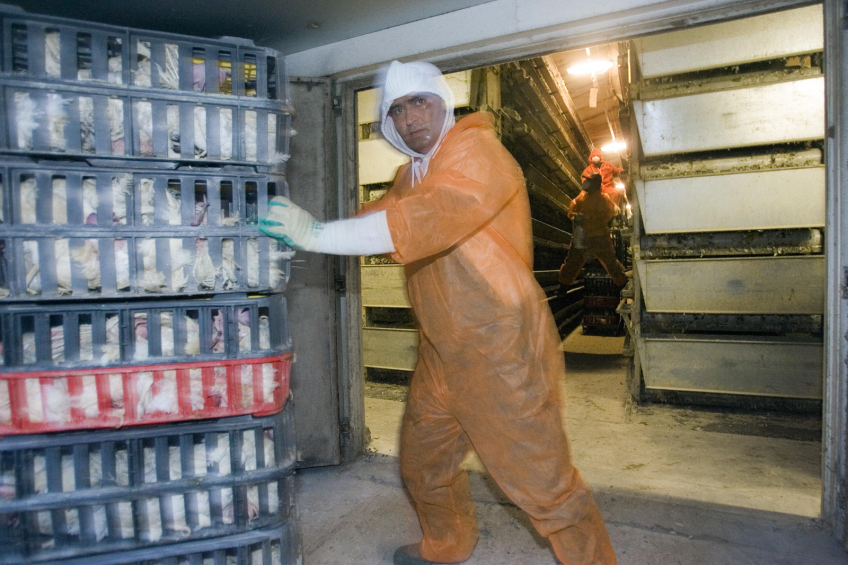‘Risk of AI reaching UK from US is negligible’

The risk of high pathogenic avian influenza reaching the UK from the US is “negligible”, according to the British Department for Environment, Food & Rural Affairs’ (Defra) latest assessment.
The study considers both the trade in eggs and poultry, transport links and wild bird movements and suggests the risk of cross-contamination is “so rare that it does not merit to be considered”. Live birds, day-old chicks and hatching eggs are well regulated, both in terms of the length of time they must have been in an AI-free environment in the US, and the quarantine arrangements once they reach these shores.
Lack of direct contacts with US poultry farms
On transport, the report says that “given the distance, time to travel and lack of direct contacts with US poultry farms or workers, this is a negligible route for introduction of the disease to the UK”. Similarly, on wild bird migration, there are few species that migrate from the UK to North America – just some species of waders that go to the Canadian Arctic to breed, and the Light Bellied Brent Goose. Any contact with birds from the mid-US is thought “very unlikely”.
Constant low risk of AI
Should the current outbreak of AI in the US spread to north-eastern states, “the risk would increase slightly, but would still be considered low”. The report only relates to the situation in the US. Previous assessments have concluded that there remains a “constant low risk” of AI reaching the UK from infected wild birds circulating in northern Europe, and have urged producers to stay vigilant.
Source: Farmers Weekly













